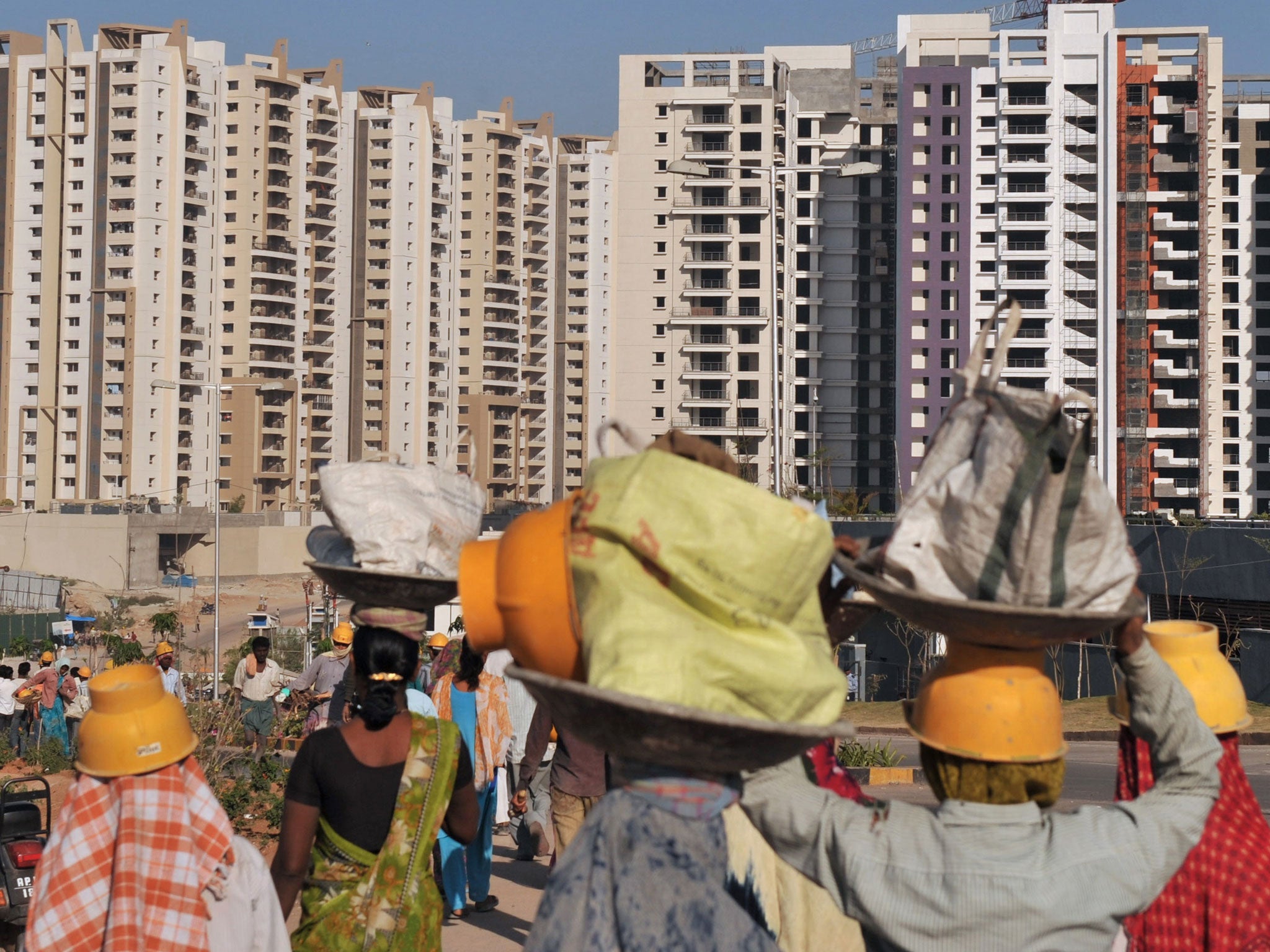Multi-cultural Britain can benefit from continuing Indian boom
The future is largely Indian and to have a connection to this most culturally rich of civilisations is an awesome privilege

By the time you read this, I shall most likely be in Pune, the sprawling metropolis that is India's ninth largest city and the birthplace of my mother.
This trip has a sharpness to it: I used to go back to India every couple of years until the age of 18 but haven't been back in the decade since and am without my parents as my mother is unable to travel. When I booked the tickets earlier this year I had intended for it to be a kind of engagement tour. I would propose in front of the Taj Mahal, or in the hill station at Munnar, or in some back alley of Jaipur. But I got impatient and proposed in September. So now I'm seeing family, having fun, and thinking about the future.
That future is largely Indian. By that I don't mean to say I'm moving back to the homeland, though I'm sure that would come as a relief to you; rather, that as I start thinking about having children myself, and the world they will grow up in, I realise that to have a connection to this most thrilling, blessed, and culturally rich of civilisations is an awesome privilege.
Most people know India is the most crazy and successful experiment in the history of democracy; fewer know that it is widely predicted to be the world's biggest economy in under 40 years; and fewer still know its Constitution declares it to be a "sovereign, socialist, secular democratic Republic."
We should give thanks for this. It's marvellous that by the middle of this century the world's richest nation will be – aside from the occasional flare-up with Pakistan – a pluralist, peace-loving supporter of democracy, well aware of its international obligations.
Then ask if we're doing enough by way of preparation. Why is your little Grace or Johnny learning French, not Urdu? In 20 years, learning French in schools may seem quaint.
And are we producing graduates or school leavers who can compete internationally? No, is my answer.
The best Indian graduates, who lean heavily towards the scientific research and information technology industries of the future, may be harder working and better qualified, and they're certainly cheaper. They're your children's rivals, too.
Our best chance as a country will come from getting more out of what we have that our international competitors don't. This includes time-zone, world-class universities, the English language, an excellent legal system, and a relatively uncorrupt economy.
How can we leverage these things to ensure we don't fall behind? That will be the subject of my next column, when I'm home. Happy new year.

Join our commenting forum
Join thought-provoking conversations, follow other Independent readers and see their replies